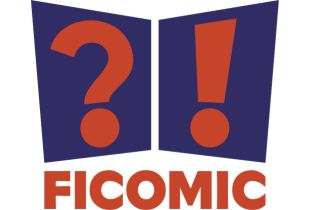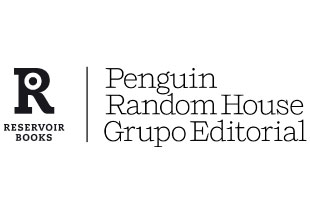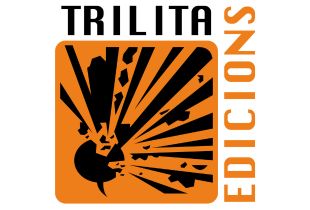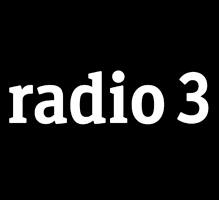Art Spiegelman, undisputed icon and the father of the modern comic book, reflects on the power of the graphic novel as a tool for critique and comprehension of the world.
Art Spiegelman is one of the best-known and most groundbreaking contemporary comic book artists on the US underground comic circuit. He is best known for Maus (Pantheon Books, 1991), a story about the Holocaust that revolutionized the comic book as a literary and artistic form, winning a Pulitzer Prize, the first for a cartoonist. Spiegelman’s work revalidates the comic book as a narrative form capable of building complex plots and dealing with issues like hatred and war, from the attack on the Twin Towers to the horror of the extermination in Gaza by Israel.
For Spiegelman, the power of the comic book lies in its capacity to create shared references that help to make complicated issues approachable and to start difficult conversations. In his work, cartoons are an incomparable means to intervening in the world, pointing up the uncomfortable and the hurtful, activating awareness and questioning the established.
The session has a pedagogical dossier (in Catalan) so that the students can work on the contents beforehand in the classroom and thus make the most out of the lecture.
This activity is part of Talks for secondary school students, Kosmopolis













